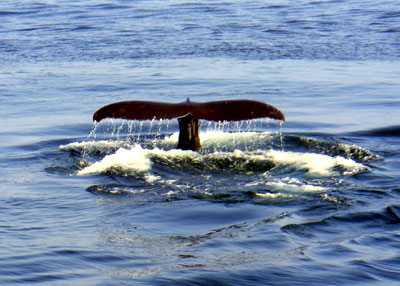All Nonfiction
- Bullying
- Books
- Academic
- Author Interviews
- Celebrity interviews
- College Articles
- College Essays
- Educator of the Year
- Heroes
- Interviews
- Memoir
- Personal Experience
- Sports
- Travel & Culture
All Opinions
- Bullying
- Current Events / Politics
- Discrimination
- Drugs / Alcohol / Smoking
- Entertainment / Celebrities
- Environment
- Love / Relationships
- Movies / Music / TV
- Pop Culture / Trends
- School / College
- Social Issues / Civics
- Spirituality / Religion
- Sports / Hobbies
All Hot Topics
- Bullying
- Community Service
- Environment
- Health
- Letters to the Editor
- Pride & Prejudice
- What Matters
- Back
Summer Guide
- Program Links
- Program Reviews
- Back
College Guide
- College Links
- College Reviews
- College Essays
- College Articles
- Back
Economics of Virtue
The amazing feats of nature are now a commonplace scene, and the beauty is often seen in parks designed for our amusement, conveniently named amusement parks. Starting from the documentary Blackfish which placed a hard perspective on the modern marine amusement park, increased scrutiny has been placed on these parks for the conditions that the animal performers live in. Are animals living in the conditions of captivity justification for the sake of increasing awareness?
Seaworld is trying to meet the public's demands with new slogans and approaches. The new slogan “from Park to Planet”, is shifting the focus of the park to more global conservation concepts. This correlates with a stock and attendance boost about the time this change became publicized, so it is clearly what is wanted by the public, but the public is also demanding more extreme measures.
I believe awareness is increased through pre-existing shows; however, not effectively. It would be more effective from an educational standpoint to let the animal do its thing and allow people to watch; although the animal’s “thing” would be done in an artificial environment. the animal doing activities it would typically do in the wild as compared to the largely artificial environment of a show. Because an orca will in nature rarely ever if never have to push a human out of the water vertically in a grand manner. Because this is something to my knowledge no animal does naturally in the wild, these companies are forcing Orcas to behave in a way not in line with their natural behaviors. The subsequent problem is financial incentive.
The companies and chains that have animal shows are businesses. They do not want to do anything that would compromise the profit of the company, investors, investments, public relations, stock value, or visitor count in a negative way. Restructuring a company to focus on education rather than entertainment could cause employees to be fired and parks to be abandoned because they are not able to rebuild and restructure. Due to funding and people no longer needed to have an educational environment. Unfortunately, in a lot of cases, it is cheaper and easier to abandon an amusement park and let go of all the employees than to sell it.
For these reasons, closing or restructuring Seaworld and similar companies is not an ideal solution. It would cause too much disturbance and harm to too many people to be worth it. A lot of the pre-existing animals would need to be relocated, and Amusement parks still inspire awe for nature and marine life, just not in a traditional or museum-like way that most people would think.
These companies cannot survive a restructuring as demanded, and if pressured, our economy could be affected as many marine water parks could have to close. I, therefore, recommend a different approach. Demand these companies work into their pre-existing model of entertaining shows some educational aspects, such as stating the reasons behind the capabilities these animals have to perform the tricks. The programs could answer questions; such as, why and how orcas are so coordinated in their jumps and why it is so hard to coordinate positions of things from underwater to an air atmosphere due to refraction, the mental capability that takes. As I just demonstrated, It is not that hard for animals doing tricks to be re-made into something more educationally focused while maintaining a similar crowd size to before, meaning less economic impact on the company and fewer layoffs and stock craziness for average people. It is great to express moral virtues and feel good by releasing animals, but the cost is too great. More people unemployed, living on the streets, living off welfare, costing taxpayers more money, contributing nothing to society, and being forced to rob and steal to survive. All this not through their own choice, they had a job and were holding it, but because some virtuous people thought it more valuable to free dolphins than to keep other human beings employed

Similar Articles
JOIN THE DISCUSSION
This article has 0 comments.

This piece provides, from a teenager's perspective, the economic ramifications of virtue through the curent controversy of orcas in captivity as described in the Documentary 'Blackfish".